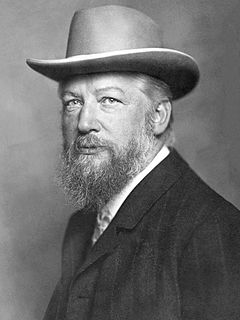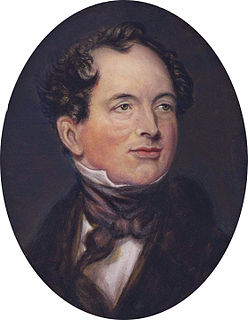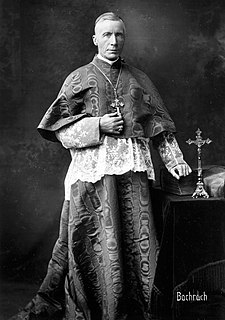A Quote by Christian Lous Lange
The idea of eternity lives in all of us. We thirst to live in a belief which raises our small personality to a higher coherence - a coherence which is human and yet superhuman, absolute and yet steadily growing and developing, ideal and yet real.
Related Quotes
For the Amahuaca, the Koyukon, the Apache, and the diverse Aboriginal peoples of Australia - as for numerous other indigenous peoples - the coherence of human language is inseparable from the coherence of the surrounding ecology, from the expressive vitality of the more-than-human terrain. It is the animate earth that speaks; human speech is but a part of that vaster discourse.
When the coherence of the parts of a stone, or even that composition of parts which renders it extended; when these familiar objects, I say, are so inexplicable, and contain circumstances so repugnant and contradictory; with what assurance can we decide concerning the origin of worlds, or trace their history from eternity to eternity?
The Church is likewise conscious of the responsibility which all of us have for our world, for the whole of creation, which we must love and protect. There is much that we can do to benefit the poor, the needy and those who suffer, and to favour justice, promote reconciliation and build peace. But before all else we need to keep alive in our world the thirst for the absolute, and to counter the dominance of a one-dimensional vision of the human person, a vision which reduces human beings to what they produce and to what they consume: this is one of the most insidious temptations of our time.
Let me define a garden as the meeting of raw nature and the human imagination in which both seek the fulfillment of their beauty. Every sign indicates that nature wants us and wishes for collaboration with us, just as we long for nature to be fulfilled in us. If our original state was to live in a garden, as Adam and Eve did, then a garden signals our absolute origins as well as our condition of eternity, while life outside the garden is time and temporality.
To-day the whole Christian world prostrates itself in adoration around the crib of Bethlehem and rehearses in accents of love a history which precedes all time and will endure throughout eternity. As if by an instinct of our higher, spiritual nature, there well up from the depths of our hearts, emotions which challenge the power of human expression. We seem to be lifted out of the sphere of natural endeavor to put on a new life and to stretch forward in desire to a blessedness which, though not palpable, is eminently real.
Transiency is stamped on all our possessions, occupations, and delights. We have the hunger for eternity in our souls, the thought of eternity in our hearts, the destination for eternity written on our inmost being, and the need to ally ourselves with eternity proclaimed by the most short-lived trifles of time. Either these things will be the blessing or the curse of our lives. Which do yon mean that they shall be for you?


































